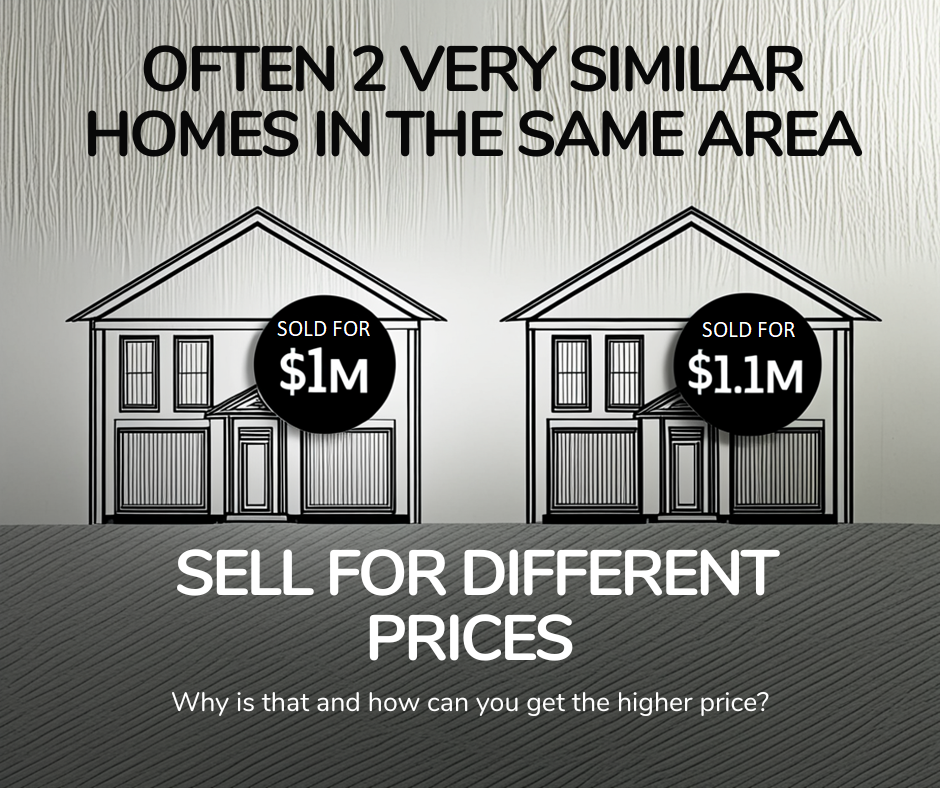“How to Tell When You’re Financially Ready to Buy a Home”
- Tammy Delwarte

- Oct 7, 2025
- 3 min read

Buying a home is one of the biggest financial decisions you’ll ever make — and knowing when you’re truly ready is key. It’s not just about having enough for a down payment; it’s about having a stable financial foundation that sets you up for success long after the closing date.
If you’re wondering whether now’s the right time, here are the signs that you’re financially ready to buy a home.
1. You Have a Steady Income and Job Stability
A consistent source of income is the backbone of homeownership. Lenders want to see at least two years of steady employment or business income in the same field.Ask yourself:
Can I comfortably afford my current lifestyle and a mortgage payment?
If my income changed, would I still be able to manage my bills?
A reliable job and predictable earnings make it easier to qualify for financing and handle the ongoing costs of owning a home.
2. You’ve Built a Solid Emergency Fund
Owning a home means unexpected expenses — a leaky roof, broken AC, or sudden repair can happen anytime. A healthy emergency fund (3–6 months of expenses) ensures you can handle surprises without dipping into your mortgage or credit cards.
If you’ve already got savings set aside for emergencies, that’s a strong sign you’re financially prepared.
3. You’ve Saved for a Down Payment and Closing Costs
While you don’t always need 20% down, you’ll still need to budget for:
Down payment (3–20%, depending on your loan type)
Closing costs (typically 2–5% of the purchase price)
Moving and setup expenses
Having these funds ready — without emptying your savings — means you’re buying from a position of strength, not stress.
4. You Have a Manageable Debt-to-Income Ratio (DTI)
Lenders use your DTI — the percentage of your income that goes toward debt payments — to gauge affordability. Ideally, your DTI should be 43% or less, including your future mortgage.If you’ve paid down credit cards, car loans, or student loans, you’re setting yourself up for a smoother approval and lower interest rates.
5. Your Credit Score Is in Good Shape
A higher credit score can mean better loan options and lower interest rates.
700+ = great position
620–699 = acceptable for most conventional loans
580+ = may qualify for FHA loans
If you’ve been consistently paying bills on time and keeping balances low, your credit score will help you secure favorable terms.
6. You’re Ready for Long-Term Commitment
Homeownership is not just a financial investment — it’s a lifestyle choice. You should feel comfortable staying in one place for at least 3–5 years, long enough to build equity and offset transaction costs.
If your career, family, or personal goals align with staying put, it might be the right time to make the move.
🧠 Pro Tip:
Before starting your home search, get pre-approved by a lender. It’s the best way to know exactly what you can afford — and it gives you an edge when you find “the one.”
✅ Final Thoughts
Being financially ready to buy a home isn’t just about savings — it’s about stability, preparedness, and confidence. If you’ve checked most of these boxes, you’re likely ready to take the next step toward homeownership.
A knowledgeable realtor and lender can help you review your finances, understand your options, and guide you toward buying a home that fits both your dreams and your budget.
.png)



Comments